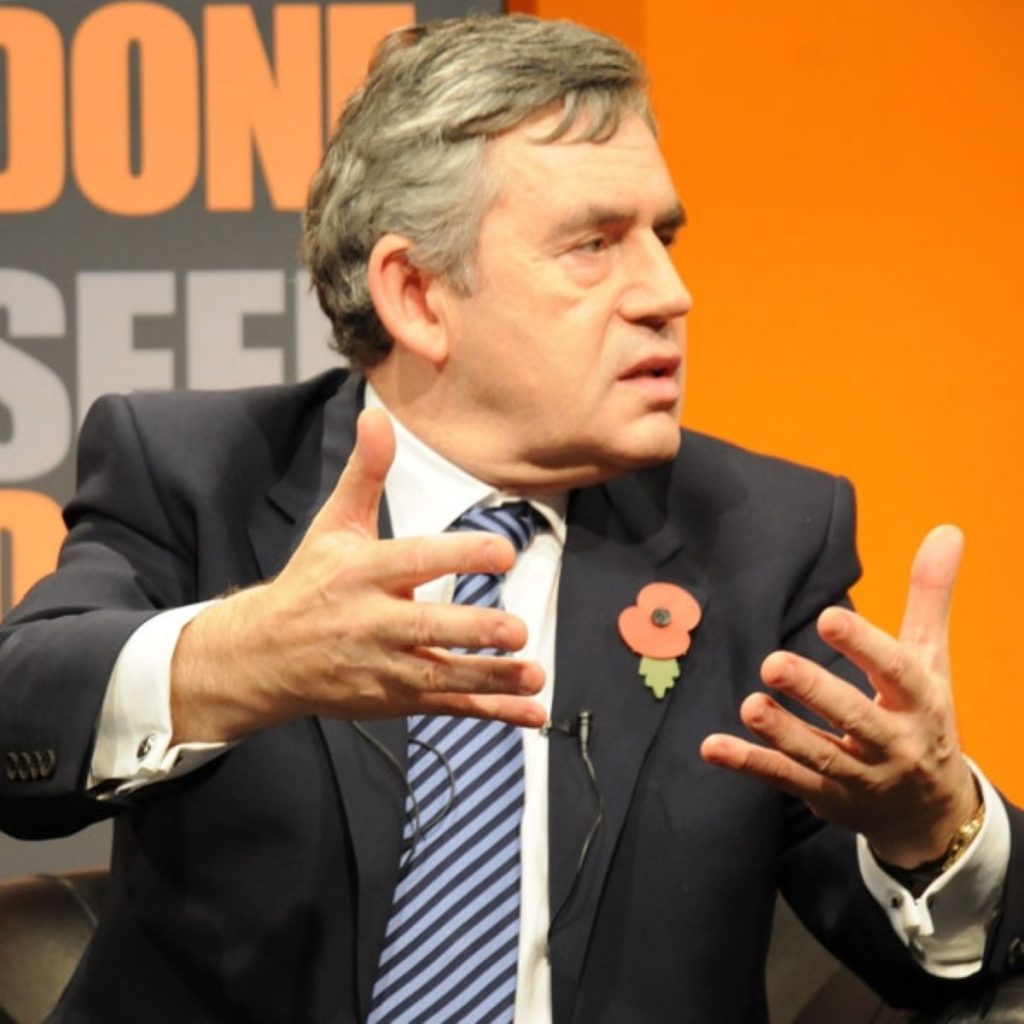Brown: We won’t quit on Afghanistan
By politics.co.uk staff
Britain “cannot, must not and will not walk away” from the conflict in Afghanistan, the prime minister has said.
In a major keynote speech designed to counter public discomfort of the war following the death of five British soldiers in a single incident earlier this week, Gordon Brown said the mission was vital to defend Britain from terrorism.
He told the audience Brits would one day look at current British personnel serving in the country in the same way he now looked at the generation that fought in the world wars.


“We will succeed or fail together and we will succeed,” he said.
Mr Brown also confirmed the training of Afghan police and military would continue, despite the fact this week’s deaths came from a man being trained by Brits.
A handful of MPs are now calling for withdrawal from Afghanistan, and public opinion is steadily turning against the war.
Whitehall figures are also increasingly concerned at alleged indecision from the US, where a new strategy is not yet forthcoming.
“We will not be deterred, dissuaded or diverted from taking whatever measures are necessary to protect our security,” he said.
“We will not give up this strategy of mentoring, because it is what distinguishes a liberating army from an army of occupation.”
Mr Brown also insisted that Hamid Karzai, recently confirmed as president despite widespread allegations of electoral fraud, would have to meet conditions for his leadership, including an anti-corruption drive.
“He needs a contract with the Afghan people; a contract against which Afghans, as well as the international community, can judge his success,” the prime minister said.
“International support depends on the scale of his ambition and the degree of his achievement in five key areas: security, governance, reconciliation, economic development, and engagement with Afghanistan’s neighbours.”
Meanwhile, former chief of the defence staff Lord Guthrie, launched a blistering attack on government policy today in a House of Lords debate.
“I do think that the servicemen, the people on the front line, are questioning whether the government is really, really committed to making progress in Afghanistan,” he said.

